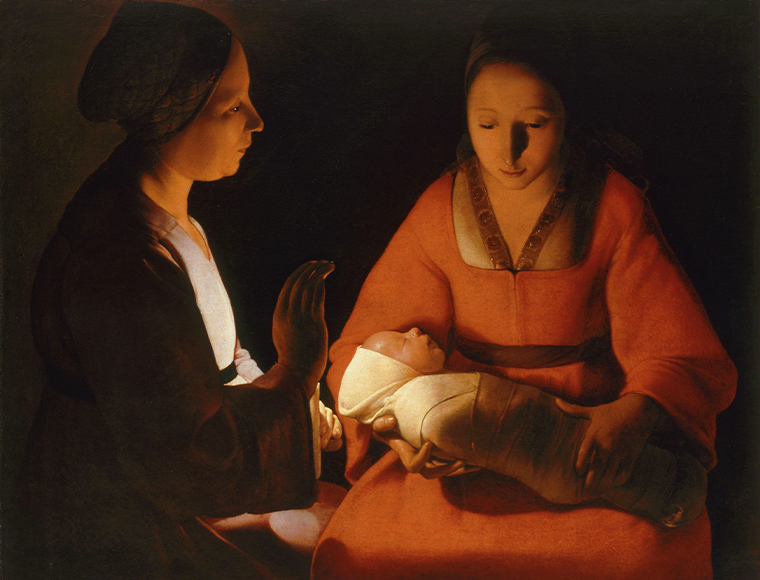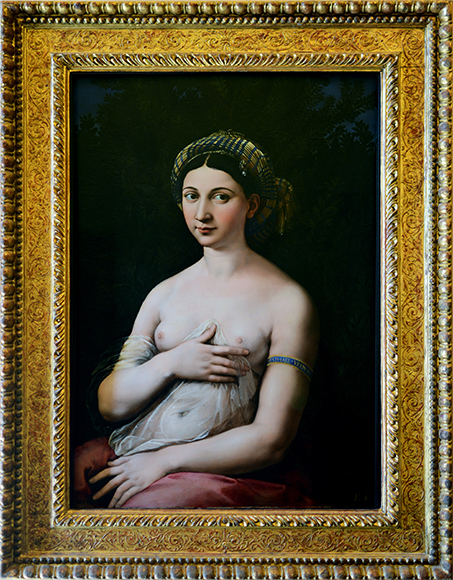What does a season of light mean in a year of darkness? We’re told in Isaiah 9:2 (and George Fridiric Handel’s “Messiah”) that “The people who walked in darkness have seen a great light” — words that in themselves shine at yuletide. We’re exhorted to have ourselves a merry little Christmas and let our hearts be “light” in a Hugh Martin-Ralph Blane song, some of whose oft-revised lyrics were anything but.
“Someday soon we all will be together, if the fates allow,” Judy Garland sang to a weeping Margaret O’Brien in “Meet Me in St. Louis” (1944) as they prepared to leave their beloved Midwestern home for their father’s job promotion in New York. “Until then we’ll have to muddle through somehow.”
When Garland sang this version of “Have Yourself A Merry Little Christmas” at the Hollywood Canteen during World War II, soldiers who were about to be deployed wept.
Martin’s lyrics seem just as apt for today’s social distancing, which has separated family and friends from the most intimate of holiday gatherings. But they’re also a reminder that there is no light without darkness. It’s the idea behind chiaroscuro, a technique of shading in the visual arts pioneered by the ancient Greeks — who called it skiagraphia or “shadow painting” — and refined to high art in the Renaissance and Baroque, in which light and dark model the figures in a scene and indeed the entire work. Few artists were better at this than the French Baroque painter Georges de la Tour (1593-1652) whose distinctive, candlelit masterworks illumined contemplative religious subjects. Chiaroscuro, however, has also been put to more profane effect, as in Caravaggio’s sensual, sometimes brutal canvases, often featuring overripe, leering young men, and Raphael’s delicately molded nude of his mistress, Margarita Luti, “La Fornarina” (1518). In our time, chiaroscuro has figured in everything from the photographs of Annie Leibovitz to the 1940s’ films noir.
It’s fine for art to make, well, art out of this. But what of our psychological shadow play? It’s a subject the choreographer Antony Tudor tackled in his 1987 ballet of the same name, a “Jungle Book” of a ballet about a feral boy’s quest for enlightenment. Overcoming the temptations of power and lust, the hero of this “Shadowplay” is master of all he surveys, until a last-minute itch reminds him, or at least the viewers, that we retain elements of our animal nature. It’s an excellent lesson for a moment in which we’ve been laid low by one of nature’s most microscopic creatures, unleashed by our unbalanced relationship with exotic animals.
Yet even as we acknowledge our animal nature and strive for greater harmony with nature, we don’t have to succumb to it. We don’t have to yield to our wild emotions, but we do have to embrace them and own the anger, fear, despair and denial that the darkness has wrought. These have their place. Indeed, in other contexts they can be forces for good. Righteous anger can spur us to social justice. Fear can free us to take necessary risks. It’s the context that drives perception, not the quality itself.
The darkness shapes the light in and around us. So we may have only a little Christmas, Hanukkah, Kwanzaa or winter solstice celebration this year. But it’s still a time to celebrate. And we can keep the spirit of these festivals of light, as Scrooge learns to do in Charles Dickens’ “A Christmas Carol,” not just on the day or in the season but every day.
We don’t have to be Pollyanna about it. Life won’t let us anyway. Yet there is still much to relish amid our present challenges. In his “Ode on Imitations of Immortality From Recollections of Early Childhood” (1804), Romantic poet William Wordsworth wrestles with many of the same issues we’re grappling with today, not the least of which is the knowledge that life is fleeting. Still he takes comfort in the idea that we are not alone. We are part of something greater than ourselves. It is to that greatness we are born. And is to that greatness, he writes, that we shall return:
…Shades of the prison-house begin to close upon the growing Boy,
But he beholds the light, and whence it flows,
He sees it in his joy…






